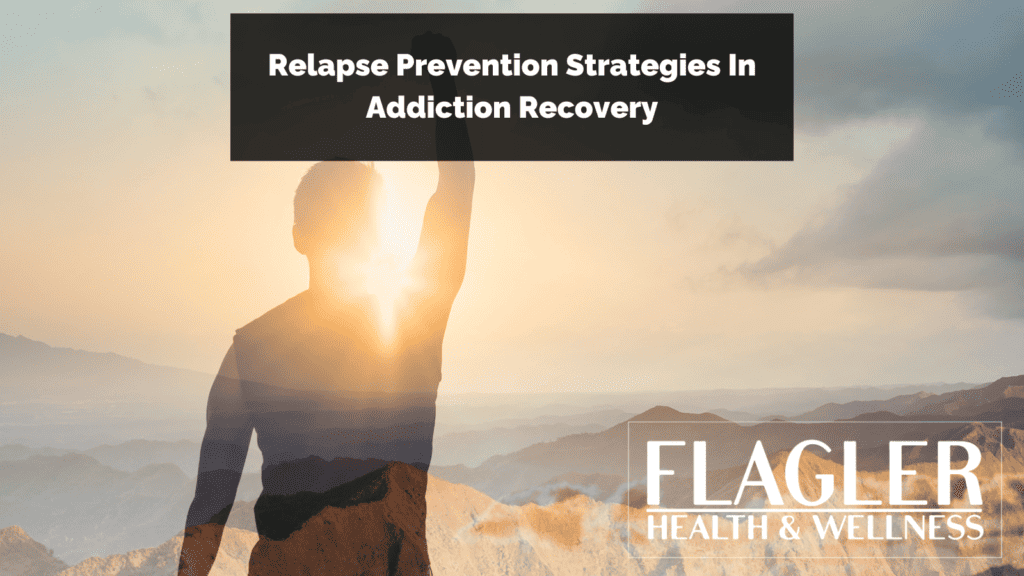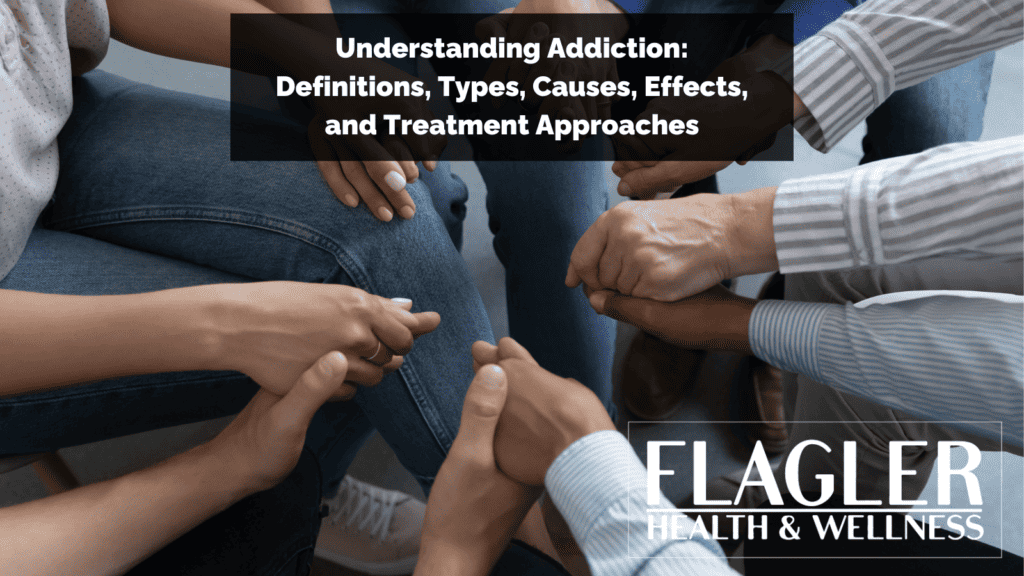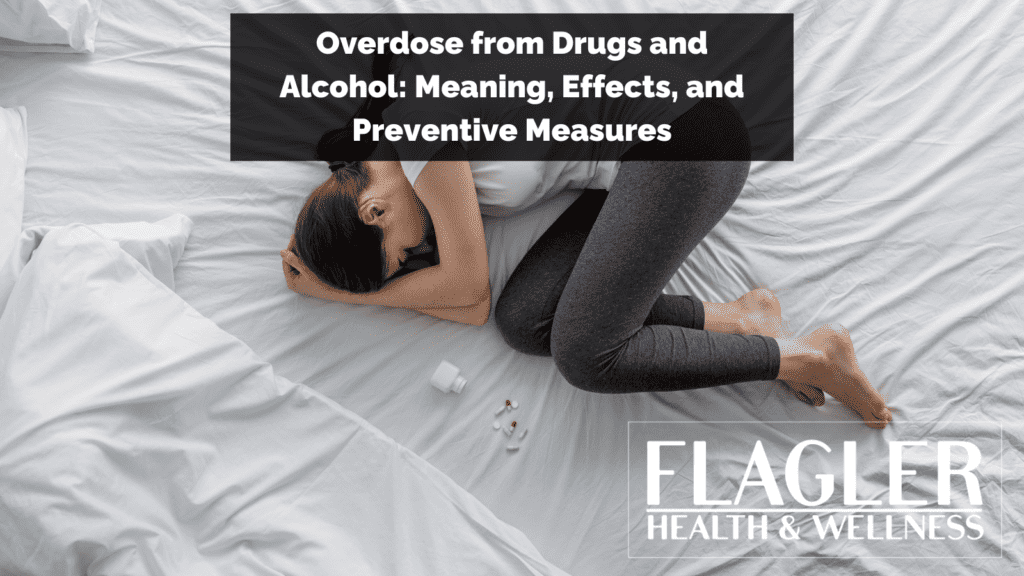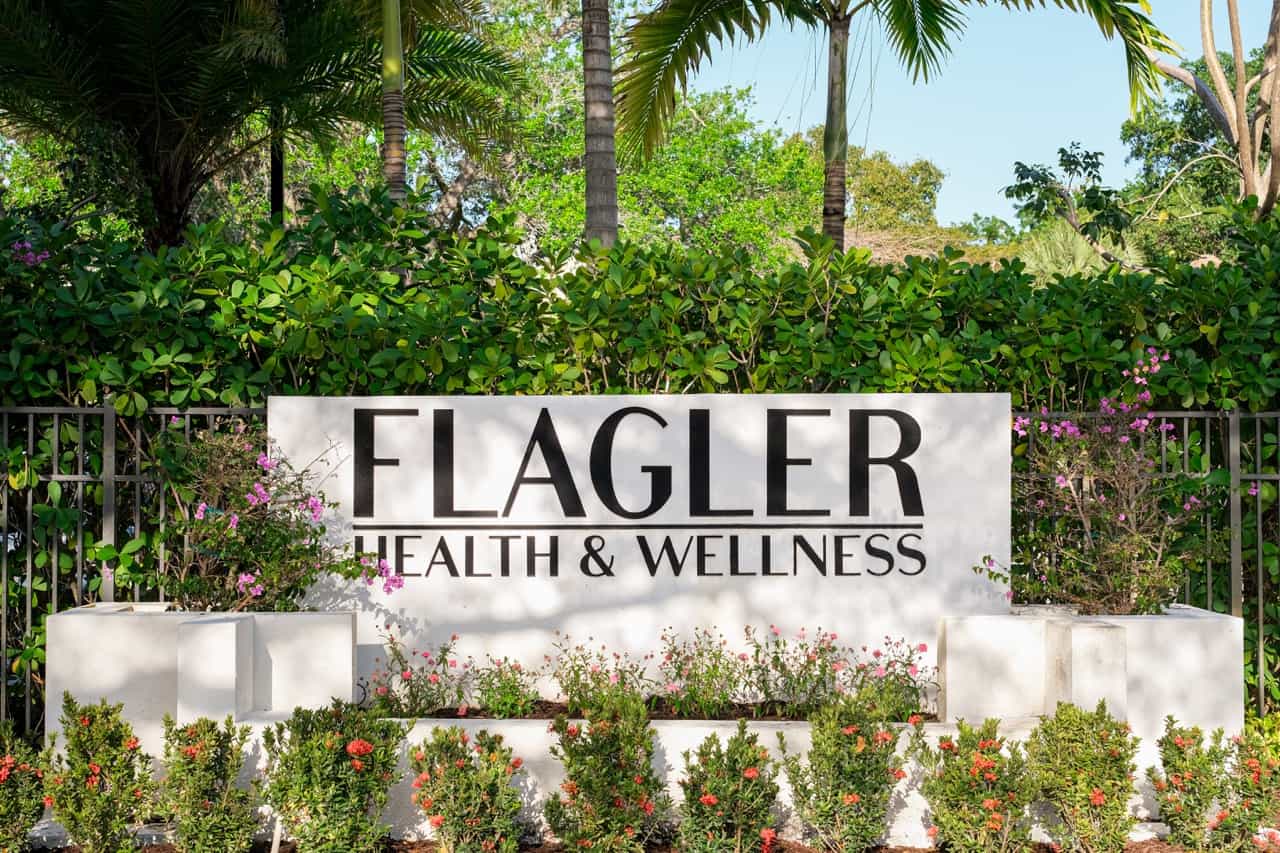A relapse is when someone returns to using an addictive substance or behavior after an attempt to stop or reduce consumption. Relapse is considered a hallmark of the chronic nature of addiction, indicating the ongoing struggle individuals face in maintaining long-term sobriety. Addiction is characterized as a relapsing brain disorder by many health organizations, including the National Institute on Drug Abuse, due to changes in brain function that persist long after substance use has ceased.
These changes can increase susceptibility to relapse, often triggered by stress, exposure to the substance, or environmental cues associated with past substance use. Understanding relapse is crucial in addiction treatment, emphasizing the need for ongoing support and strategies to prevent or manage a return to substance use.
10 Effective Strategies for Relapse Prevention
Relapse prevention is a critical component in the treatment of addiction that uses a set of strategies designed to help individuals maintain their efforts to remain sober. These strategies are grounded in evidence-based practices and focus on building coping skills, understanding triggers, and making lifestyle changes to foster long-term sobriety. Here are ten strategies that can help you maintain your sobriety on your recovery journey:
1. Developing a Strong Support System
Having a strong support system is vital for relapse prevention. This includes maintaining relationships with friends, family, and peers who support sobriety. Joining support groups such as Alcoholics Anonymous or Narcotics Anonymous, can provide a sense of community and accountability, making it easier to keep your commitment to remain sober.
2. Recognizing and Avoiding Triggers
Identifying and avoiding personal triggers is crucial in addiction recovery. After attending a rehab program, it’s important not to go back to old environments and situations that may trigger a desire to use. Triggers can be emotional, environmental, or social cues that tempt an individual to use substances. Awareness and avoidance strategies are key in managing these triggers.
3. Stress Management Techniques
Stress is a significant factor in relapse. Learning and practicing stress management techniques such as mindfulness, meditation, and deep breathing exercises can help individuals cope with stress without resorting to substance use.
4. Healthy Lifestyle Changes
Adopting a healthy lifestyle contributes to overall well-being and reduces the likelihood of relapse. This includes regular exercise, a balanced diet, adequate sleep, and engaging in hobbies and activities that promote physical and mental health.
5. Continuous Counseling and Therapy
Continued participation in counseling and therapy can provide ongoing support and guidance. Cognitive-behavioral therapy, in particular, is effective in changing harmful thought patterns and behaviors associated with substance use.
6. Medication-Assisted Treatment (MAT)
For some individuals, medication-assisted treatment can be an effective component of relapse prevention. Medications can help manage withdrawal symptoms, reduce cravings, and treat co-occurring mental health disorders.
7. Building a Balanced Life
Creating a balanced life involves setting and pursuing meaningful goals in various life areas, such as career, education, relationships, and personal growth. This balance can provide purpose and fulfillment outside of substance use.
8. Developing Coping Strategies
Developing healthy coping strategies for dealing with difficult emotions and situations is essential. This can include learning problem-solving skills, emotional regulation techniques, and ways to manage cravings.
9. Mindfulness and Self-Awareness
Practicing mindfulness and increasing self-awareness can help individuals recognize the early signs of relapse and respond proactively. Mindfulness techniques can improve emotional regulation and decision-making.
10. Continual Self-Assessment and Adjustment
Regular self-assessment is important to monitor progress and identify areas needing improvement. Being open to adjusting strategies and seeking additional support when needed is key to maintaining long-term sobriety. If the sobriety plan or activities you’ve decided on aren’t working well for you, it’s important to give yourself the space to change things up to improve your quality of life and personal wellbeing.
The Importance Of Relapse Prevention In Addiction Recovery
Relapse prevention is an important part of addiction recovery because it focuses on utilizing sustainable and effective strategies to improve a person’s chances of long-term sobriety. Addiction is a chronic disorder characterized by a high likelihood of relapse, emphasizing the need for individuals in recovery to have ongoing support and to implement lifestyle changes once they leave the safe haven of a treatment program.
Effective relapse prevention strategies empower individuals with the skills to recognize and manage triggers, develop healthier coping mechanisms, and maintain positive lifestyle changes. These strategies are crucial in mitigating the risk of returning to substance use, which can derail recovery progress and potentially lead to overdose or other health complications.
Relapse prevention also involves building a strong support network, including healthcare professionals, family, friends, and support groups, which provides the necessary emotional support and guidance. Recognizing the importance of relapse prevention in addiction recovery aligns with the understanding that recovery is a lifelong process, requiring ongoing effort and support.
FAQs
What are the most common triggers for relapse?
The most common triggers for relapse in addiction recovery tend to be emotional and environmental. Emotional triggers can include stress, anxiety, depression, or feelings of loneliness and boredom. Environmental triggers involve being in places or around people associated with past substance use, such as bars, parties, or certain social groups.
How important are lifestyle changes to prevent relapse?
Lifestyle changes play a crucial role in preventing relapse. Adopting a healthy lifestyle supports overall well-being and reduces the likelihood of someone returning to substance use. Key changes often include establishing a regular sleep pattern, maintaining a balanced diet, engaging in regular physical activity, and participating in stress-reducing activities like meditation or yoga. Additionally, building healthy relationships and engaging in fulfilling hobbies or work can provide purpose and distraction from cravings.
Can Medication Assisted Treatment (MAT) help prevent a relapse?
Yes. Medication-Assisted Treatment (MAT) can be highly effective in preventing relapse, particularly for individuals recovering from opioid or alcohol addiction. MAT combines medication with counseling and behavioral therapies to treat substance use disorders. The medications used in MAT are designed to reduce cravings and withdrawal symptoms, making it easier for individuals to focus on recovery and behavioral changes.
How We Can Help You
Recognizing the need for help is the first step on the road to recovery. The second is to find the right treatment program that suits your needs. At Flagler, we offer specialized programs that are tailored to the individual, ensuring the highest chance of your success. Remember, seeking help is not a sign of weakness, but rather one of strength and self-awareness. Reach out to us today to see how we can help you on your journey to a brighter, substance-free future.
Share This Post







